Mathematics and Statistics
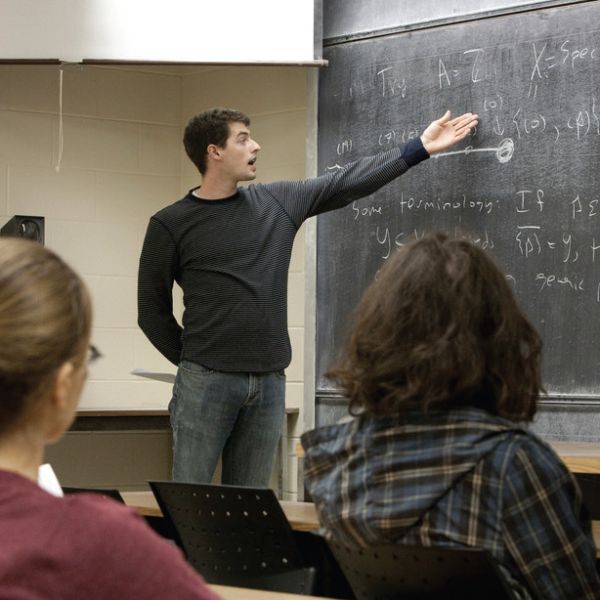
A graduate degree in Mathematics and Statistics is essential for anyone aspiring to research or academic positions, and is very useful for those who want to assume a leadership role in government, business and industry.
MD/PhD & MD/Master's
The combined MD/PhD and MD/ Master’s Programs provide benefits to both scholarship and to the professional development of physician-scientists by allowing better integration of clinical and research training experiences, and also provide better opportunities for fostering translational research.
Our programs are in keeping with the strategic directions of both the Canadian Institutes of Health Research Strategic Plan and Government of Canada's Science and Technology Strategy, which emphasize the need for providing increased trans-sectorial and multidisciplinary training, building research excellence, translating knowledge into practical applications and deepening the pool of highly skilled individuals. Students in combined MD/graduate programs bring a distinctive, clinical/translational perspective into their laboratories, and conversely, these students also bring a basic science perspective to share with their fellow medical students. This is especially relevant in the context of the greater emphasis now being placed on team-based learning approaches as an important component of the Queen’s medical curriculum.
Media and Performance Production

Mohawk Language and Culture

This certificate is for citizens of the Mohawks of the Bay of Quinte, the Mohawk Nation, and others seeking to learn Mohawk language through culturally rich learning experiences that include exploring the traditions, history and worldview of the Mohawk people.
Music
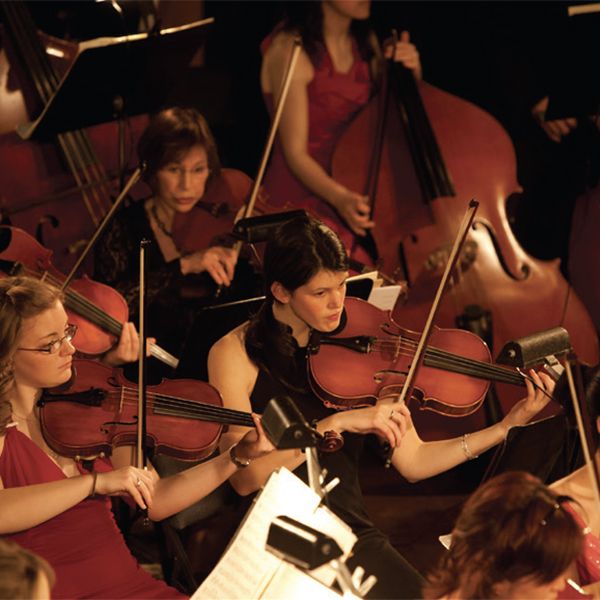
Music Theatre
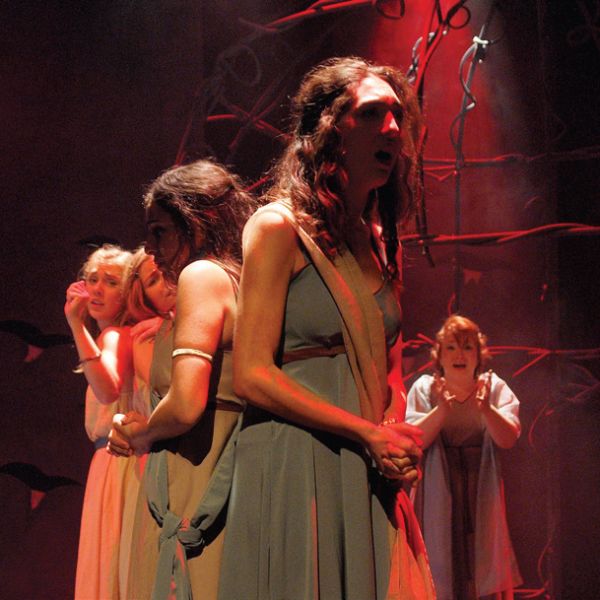
Organization Development Fundamentals Certificate
This Queen's IRC Professional Development Certificate is designed to propel working practitioners to new heights. Grounded in adult learning principles and the latest practitioner-focused research, Organization Development Fundamentals provides crucial training in an array of topics in the field. We highly recommend this certificate to professionals in mid to upper management roles who wish to accelerate their career and gain practical tool kits and frameworks to improve their workplace.
Certificates require a minimum of 12 credits, including a core program that differs for each Certificate. The design of our Certificates is based on our extensive knowledge of the field and tested through ongoing consultation with seasoned practitioners in both the private and public sectors. The curriculum reflects the range of skills HR, LR & OD practitioners require to thrive, whether from management or among the union ranks.
Organization Development Fundamentals Certificate Core Course Requirement
- Organization Development Foundations (3 credits)
Organized Crime Prevention
Organized crime networks are billion-dollar industries with connections around the globe. Their activities may not be apparent to the general public – but they have a significant impact on the economy, our political environment and our society as a whole. In order to combat these activities, we need to better understand the strategies and signals that these networks employ.
Philosophy
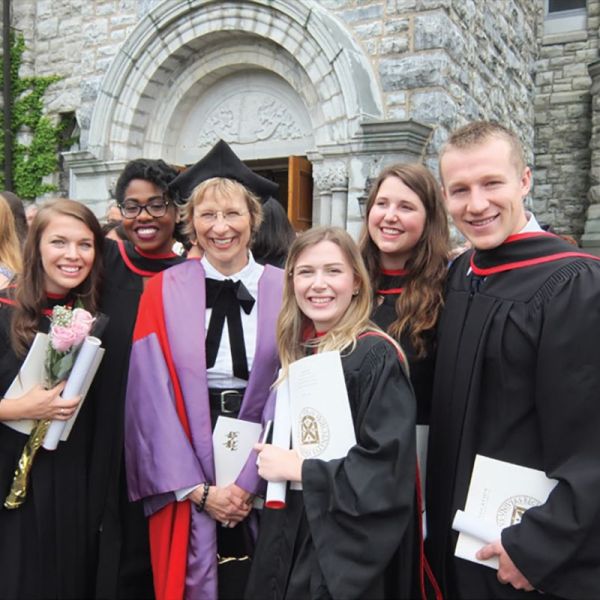
Grappling with life’s big topics, Philosophy provides students with critical thinking skills that enable you to uncover hidden assumptions, identify core premises, and evaluate arguments. The Department of Philosophy at Queen’s University has faculty working in a wide variety of fields, including political philosophy, ethics, bioethics, feminism, contemporary metaphysics and epistemology, philosophy of language, philosophy of science, continental philosophy and the history of philosophy.
Physics & Astronomy

Physics, Engineering Physics & Astronomy

A degree in Physics provides you with training in theory, computation, statistical modelling, and experimental methods as you pursue problems in fundamental and applied research. Physicists design mathematical models to describe complex phenomena and test these models by making observations, conducting experiments, or running numerical simulations. The skills obtained are highly sought after and transferrable to a wide range of fields. The degree leads to careers in academia and government-funded research centres as well as the private sector fields of finance, medicine, technology, and data analytics, to name just a few.
Political Studies

Politics is about power – who has it and how it is exercised by nation-states, individuals, groups, classes, or political parties, and how different interests are reconciled in and between communities. Political Studies is also concerned with the institutions created to govern communities, as well as with political practices such as voting habits or protests, and how rules, behaviours, and cultures are created in societies. Since power in society is often dependent upon material resources, political scientists also study the distribution of wealth, both within and between nations. Our department is particularly well known for its strength in the study of ethnically divided and diverse societies.
Politics, Philosophy and Economics
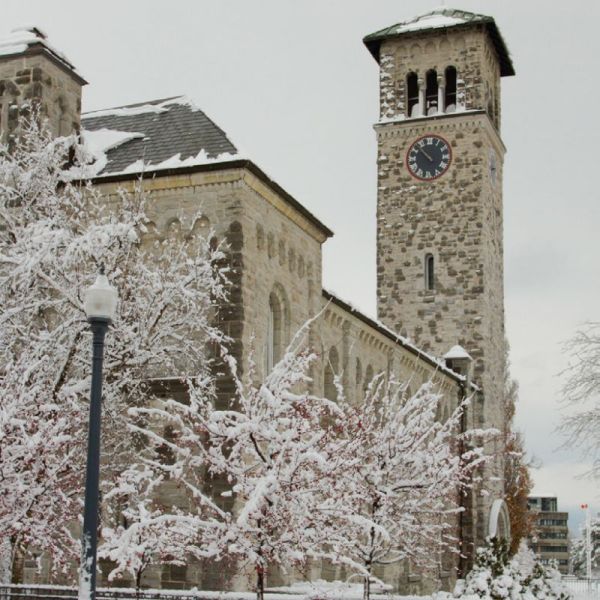
Study social issues and how our society responds to these issues while asking questions drawn from economic, political, and philosophical perspectives. Society faces challenges that are complex and multi-dimensional, and our efforts to tackle these challenges require us to bring complementary intellectual skills together using multidisciplinary analytical and critical approaches. This program combines Economics, Philosophy and Politics to prepare students to enter graduate studies in areas of law, public service, international development, policy design and analysis, or any other career that calls for strong analytical and communication skills.
Psychology

Psychology is the study of mental processes and behaviour. Psychologists study relationships between brain function, behaviour, and environment. As a discipline, psychology explores a wide range of topics, including cognition, neuroscience, social influence, mental health, development, relationships, sensation, and perception, as well as the influence of factors such as gender and culture on these areas. Home to 35 labs, psychology students have the opportunity to work alongside faculty researchers to gain valuable research training.
Public Administration
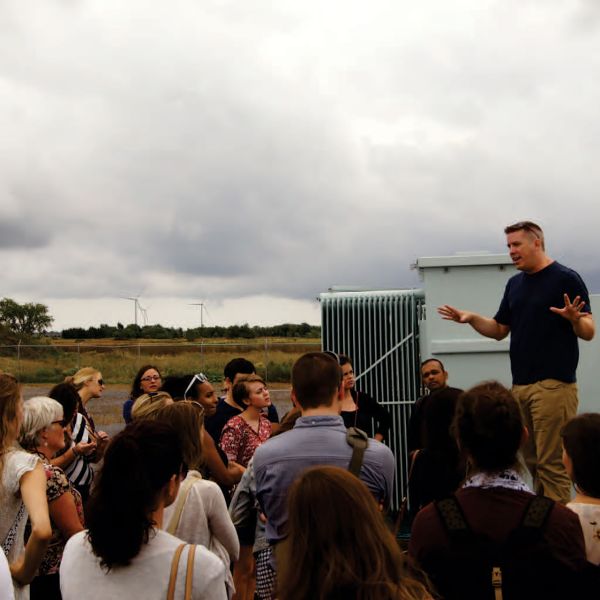
The Public Administration graduate program is a bridge between the academic world and the world of public affairs. Our multi-disciplinary MPA programs are focused on policy analysis, development and implementation, preparing new and experienced professionals for rewarding careers in the public, private and non-profit sectors. Our graduates have gone on to hold positions as ministers and senior officials in municipal, provincial and federal governments. They also provide leadership in hospitals, community organizations and national associations across Canada. Others still work for consulting firms in the private sector.
In 2023, the School of Policy Studies underwent its regular cyclical review. The external reviewers' report acknowledged the clear strength of the school's current programs, but also observed that the school requires an increased level of resources to maintain and build on the excellence of its programs.
Program renewal is essential to ensure the School of Policy Studies remains strong going forward. As a result, the Faculty of Arts and Science at Queen's has temporarily suspended admissions to our Professional Master of Public Administration (PMPA) program for Fall 2024. The temporary suspension of admissions will last for two years, as per the Senate Guidelines.
The Master of Public Administration (MPA) program will be offered as usual in 2024-25, and we welcome and encourage applications to this program.
The School of Policy Studies offers a rich and rewarding learning experience that is unsurpassed in Canada and matched only by the best public policy programs in the world. Through high quality interactive teaching and integrated learning, we enhance leadership in public policy by providing students the inspiration, skills, competencies and connections to become better contributors to the public good. The MPA curriculum includes core courses in economics, policy analysis, governance, management and quantitative methods. Through elective courses, students apply their skills to the analysis and resolution of concrete policy and management problems.
Religious Studies
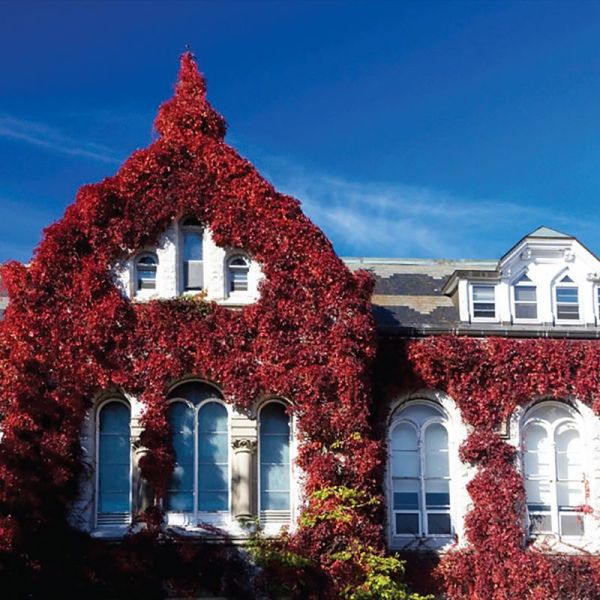
Religion plays a major role in shaping and influencing various cultures and historical and political movements around the world. Understanding religious traditions and their impact on diverse modern issues is vital preparation for building a career in the global marketplace. At Queen’s, our approach to the study of religion is multicultural, diverse, and interdisciplinary. Religious Studies involves, among other things, examining the history of religious traditions, comparing ideas and values, and understanding the place and function of religion in society, including varieties of secularism. Students of religion investigate why people are religious, where religion comes from, and how it can be analyzed.
Screen Cultures & Curatorial Studies

Housed in the state-of-the-art Isabel Bader Centre for the Performing Arts, Screen Cultures and Curatorial Studies is unique because of its linkage of adjacent disciplines: film and media studies and, more generally, the study of screen cultures, film and media production, and curatorial studies and practice. This multidisciplinary and professionally oriented program provides students with a wide range of course options and professional opportunities, including academia, arts management, programming, media production (from mainstream media to artistic and activist production), and curation.
Sexual and Gender Diversity

The Sexual and Gender Diversity Certificate Program offers you the opportunity to think through and engage with your particular scholarly interests — from nursing, art history, law, political and religious studies to music, kinesiology or languages — from the vantage point of sexualities or queer/trans gender issues. At a time when sexual minority concerns are on the public agenda, the Certificate Program provides an academic context for you to participate in these discussions.
For more information about certificate eligibility and how to apply, visit our webpage.
Sociology

Sociologists investigate how societies work. We critically examine the social world at every level, from personal relationships to the functioning of institutions and nations, right up to global interconnections. Our department is particularly well known for its strengths in criminology and the law; media, information, and surveillance; power, inequalities, and social justice.
Software Design

Spanish and Latin American Studies

Statistics
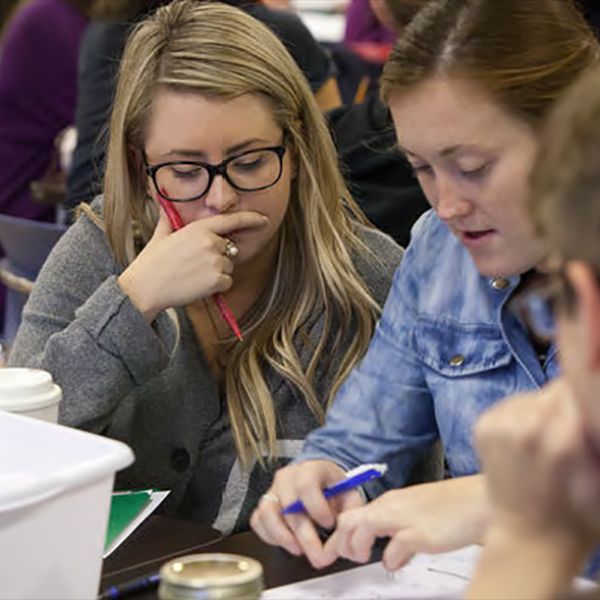
Urban and Regional Planning

The School of Urban & Regional Planning (SURP) in the Queen’s Department of Geography and Planning emphasizes excellence in teaching, with high faculty-student engagement and courses that capitalize on the considerable planning experience of our energetic faculty. This is a professional education program that also has a significant research component. It is officially recognized by the Canadian Institute of Planners as a key stage toward earning the Registered Professional Planners designation.
Urban Planning Studies

Urban Planning is a profession and an academic discipline that is devoted to the organization of land use, resources and services in cities. Urban Planners require a sound knowledge of land use policy as well as strong legal, behavioral and social skills in order to successfully work in the field. Cities have become key sites for understanding contemporary social life. They are sites of innovation and creativity in economic, cultural and political life but they are also sites of striking inequality, poverty and conflict that pose a challenging array of planning, governance and environmental issues. Planners play a vital role alongside governments and social groups to guide the design and operation of cities with a view to securing the efficiency, health and well-being of urban and rural communities.
For more information about certificate eligibility and how to apply, visit our webpage.
World Language Studies


